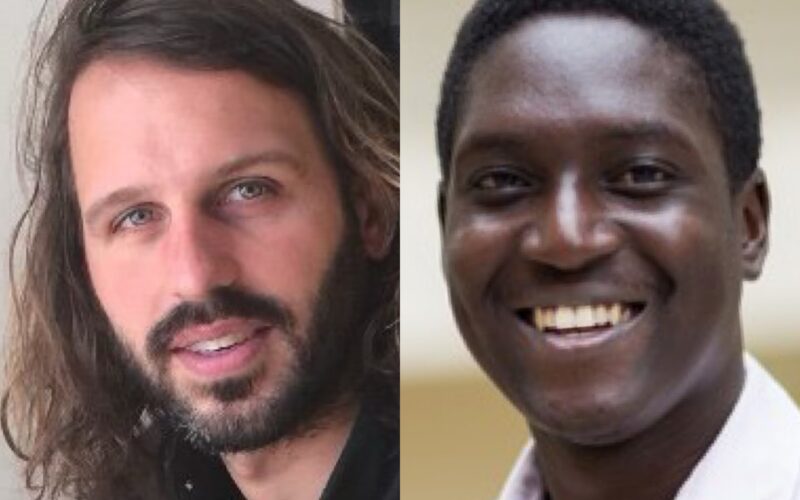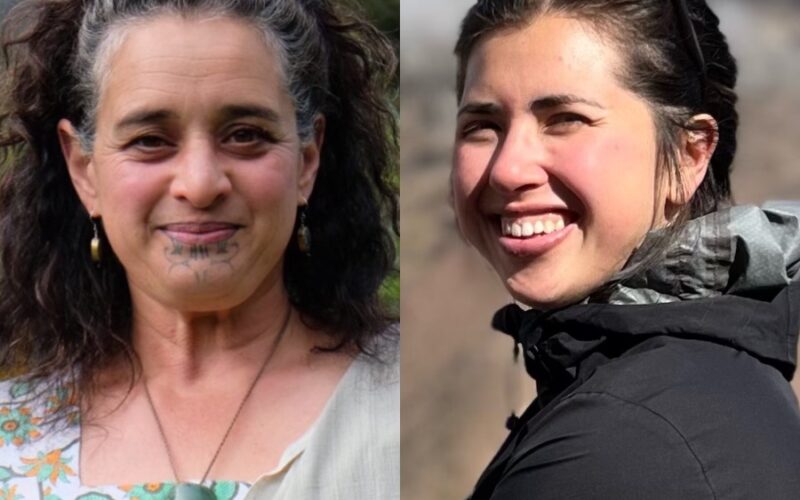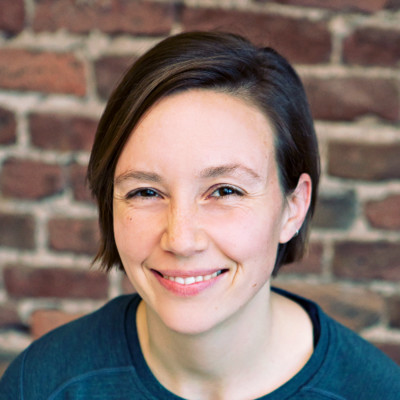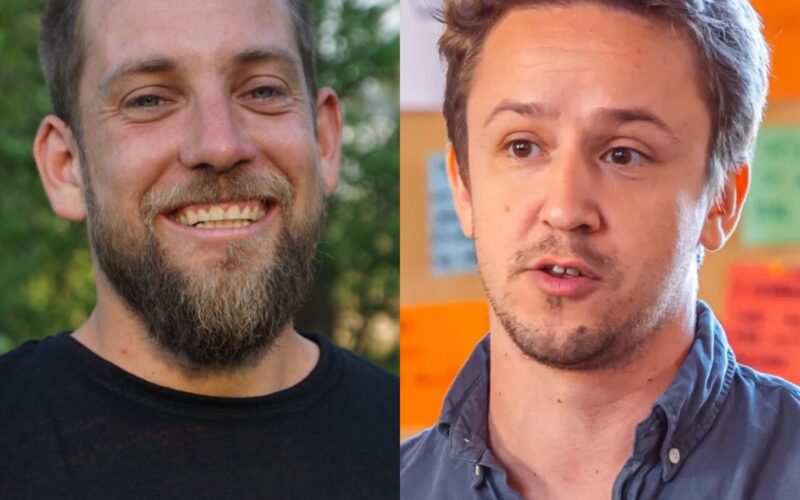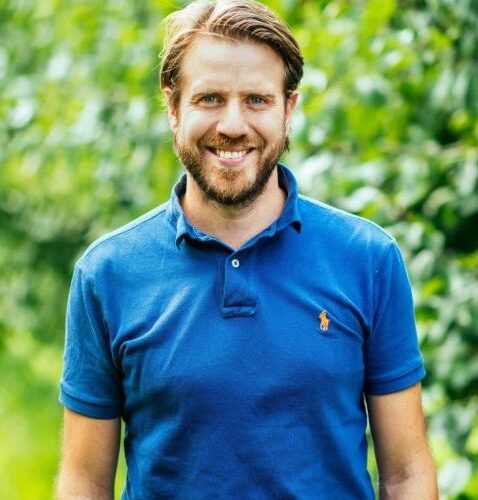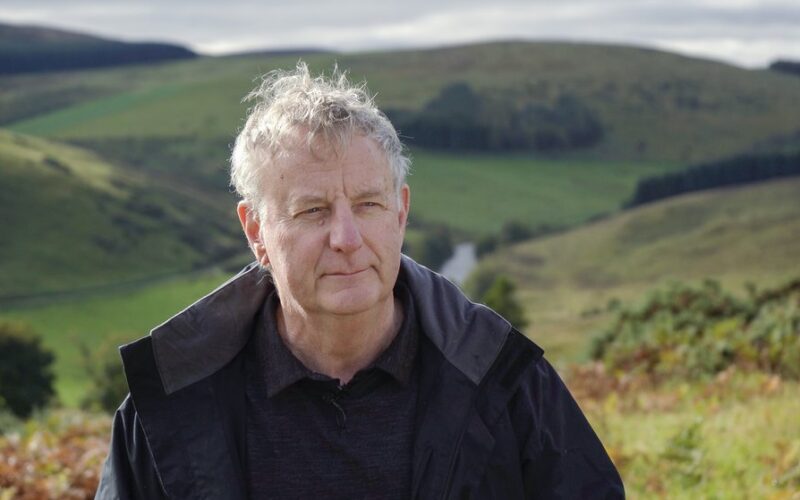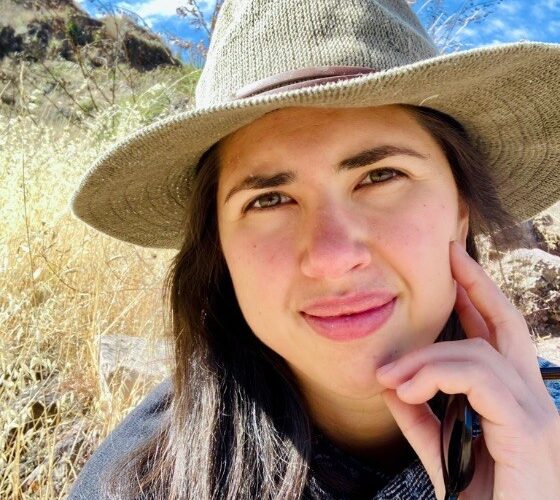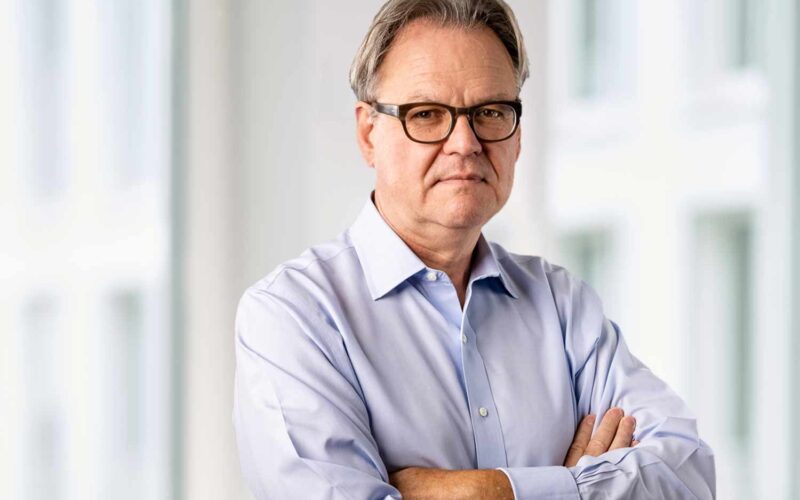Joachim Ewechu and Hannes Van den Eeckhout – Why Uganda is the best place for a locally owned regenerative agriculture revolution
A conversation with Joachim Ewechu and Hannes Van den Eeckhout, co-founders of Rootical, a start-up studio that enables purpose-driven entrepreneurs in Uganda to build and own their regenerative agri-food companies. We talk about why Uganda is the place to launch and build agroecology, regenerative agriculture, and food companies, why Uganda enjoys political support for agroecology, the importance of different steward-type ownership models, the importance of different investment models, and more.
